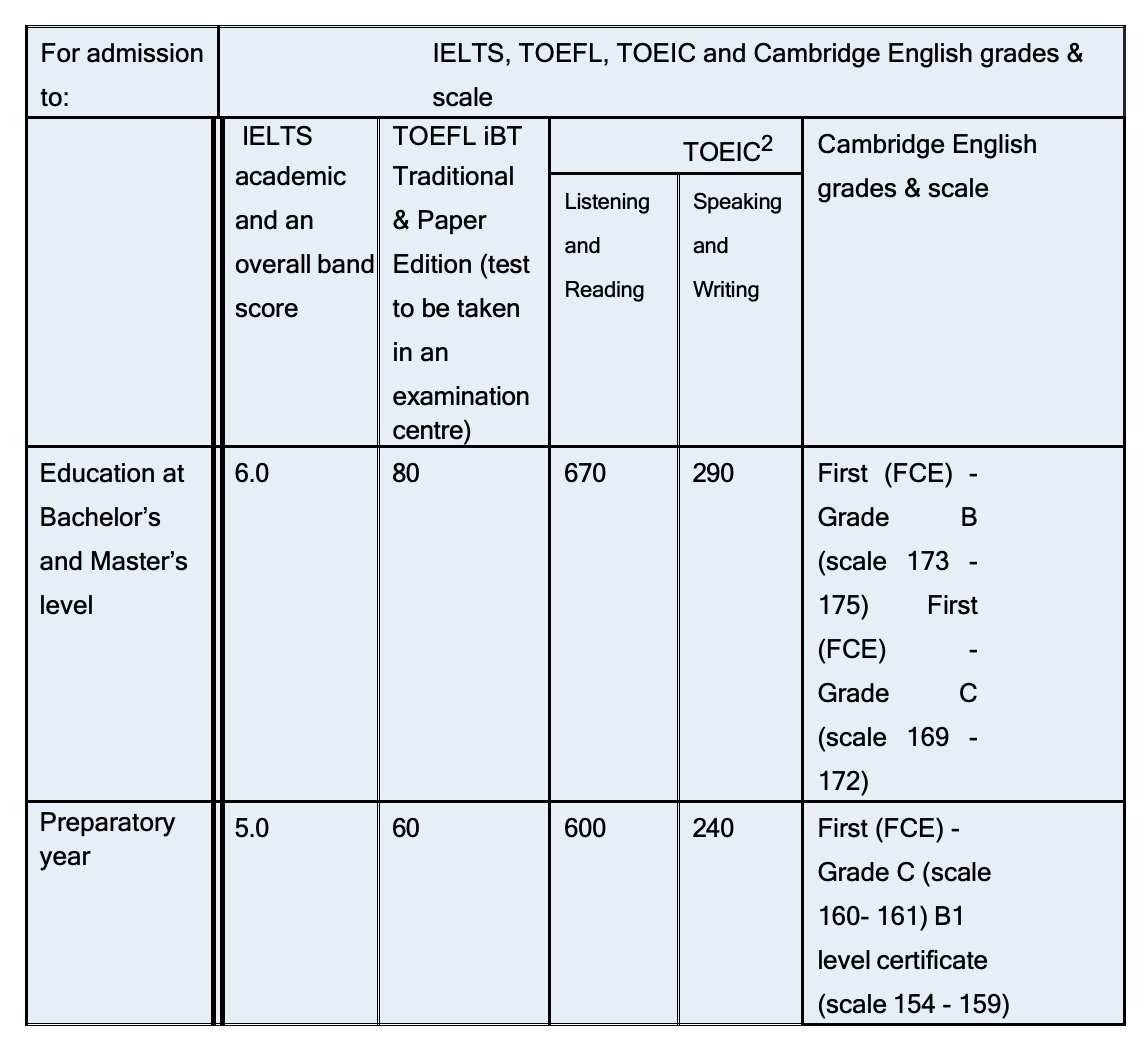Start your application by looking up your desired programme.
From there you will be guided through the various steps of the application procedure.
The deadline for applying for most of the Bachelor and Master programmes is before March 1st.
Please also check your specific course to see if there is an earlier or later deadline here.
Pick a programme
- Bachelor Classical Music Percussion
- Bachelor Classical Music (Bass) Trombone
- Bachelor Classical Music Trumpet
- Bachelor Classical Music Tuba & Euphonium
- Bachelor Classical Music Violin
- Master Classical Music Accordion
- Master Classical Music Viola
- Master Classical Music Cello
- Master Classical Music Double Bass
- Master Classical Music Bassoon
- Master Classical Music Flute
- Master Classical Music Guitar
- Master Classical Music Harp
- Master Classical Music Oboe
- Master Classical Music Horn
- Master Classical Music Clarinet
- Master Classical Music Piano
- Master Classical Music Saxophone
- Master Classical Music Percussion
- Master Classical Music (Bass)Trombone
General rules for registering for a bachelor’s course
Candidates who wish to register for a bachelor’s course must have completed secondary school or a certificate of equal or higher value. For every course you will be invited to sit an entrance exam (an audition, for example). If you pass that exam, you will be invited to start the course in the new academic year.
General rules for registering for a master’s course
Students wishing to start a master’s course are also required to pass an entrance exam and must also comply with the following conditions:
- Candidates must have been awarded the Bachelor of Music degree (or the former Teaching Musician/Docerend Musicus diploma) or – in the case of the discipline Education – the Bachelor of Music in Education degree (formerly School music teacher diploma) in the Netherlands or abroad.
- You show a high artistic and - where applicable - instrumental level in the bachelor exam or in a separate entrance exam for the master’s course if you obtained your bachelor’s degree elsewhere.
- In most cases, you are required to write a realistic Master Project Plan or Master Study Plan. Please refer to the relevant guidelines document:
- Master Project Plan Guidelines for Classical Music, Early Music, Jazz, Vocal (excl Ensemble Singing), Conducting (excl NMO), New Audiences and Innovative Practice (NAIP). Need help getting started with designing your Master Project Plan? Watch this video for some inspiration.
- Master Project Plan Guidelines for Art of Sound. Need help getting started with designing your Master Project Plan? Watch this video for some inspiration.
- Master Study Plan Guidelines for Composition,The Musician Educator, Music Education according to the Kodály Concept, Theory of Music, Ensemble Singing, National Master Orchestral Conducting (NMO)
You can also find these guidelines in the Entry Requirements section of the individual programme pages.
- In most cases, you must conduct a convincing intake interview in which you demonstrate that you possess sufficient insight and motivation to successfully complete your course.
Language proficiency
Bachelor's and master's students must have sufficient command of both written and spoken English to follow their course at the Royal Conservatoire.
EU/EEA students
Students from EU/EEA countries whose proficiency in English is inadequate are obliged to follow a language course. If it is found during the admission procedure that your command of English is insufficient, you will be required to follow a course and obtain a certificate of proficiency during the first year of the course.
Non-EU/EEA students
If you have been admitted and you are from a country outside the EU (with the exception of the United Kingdom, Canada, Australia, New Zealand, United States of America or South Africa), you must demonstrate – before 1 September - that your level of English is sufficient to follow the course. You can demonstrate your command of English with your score on any of the following English language proficiency tests: IELTS, TOEFL, TOEIC or Cambridge English (FCE/CAE/CPE). The test scores are valid for two years and your score must be valid as of 1 September.
The minimum standard is a score of 6.0 on the IELTS test or level 80 on the TOEFL.
Certificates from the Institutional TOEFL test, the TOEFL ITP test or other language proficiency tests will not be accepted.

More information about language proficiency, courses and the tests.
Questions?
Contact
Get in touch with the studentadministration or our international office.